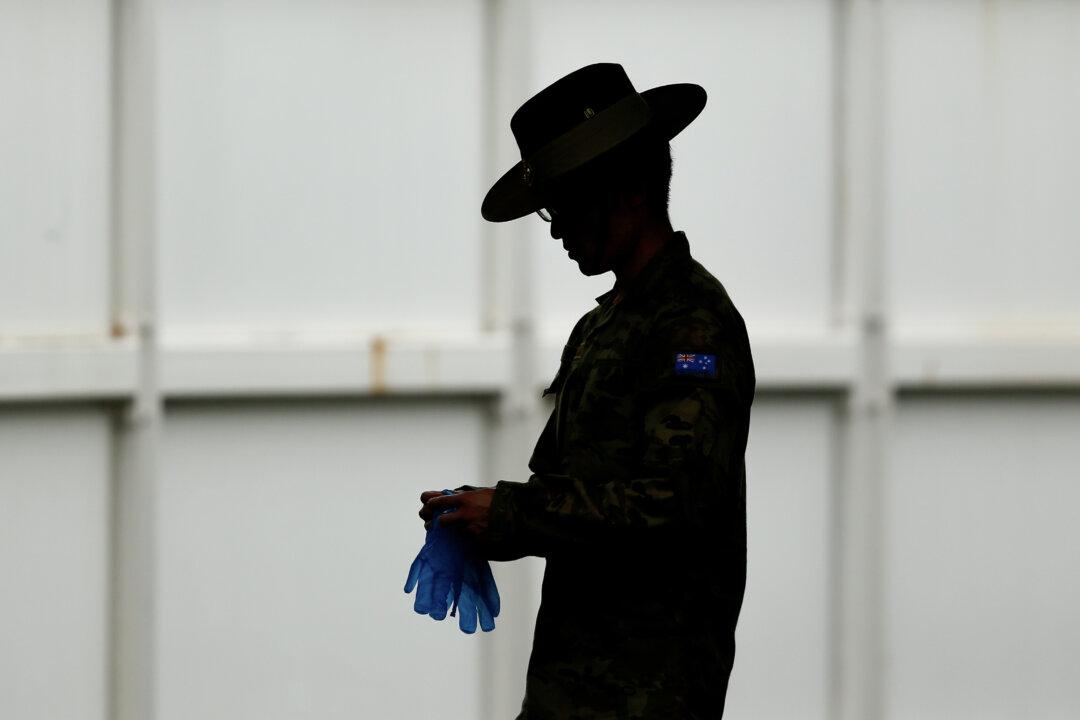Thirteen serving Australian soldiers face administrative action in the fallout of the Inspector General of the Australian Defence Force (IGADF) Afghanistan inquiry report.
Chief of the Army Lieutenant General Rick Burr announced on Friday that the ADF was considering sending the recommendations and findings from the Afghanistan Inquiry to the Office of the Special Investigator.




